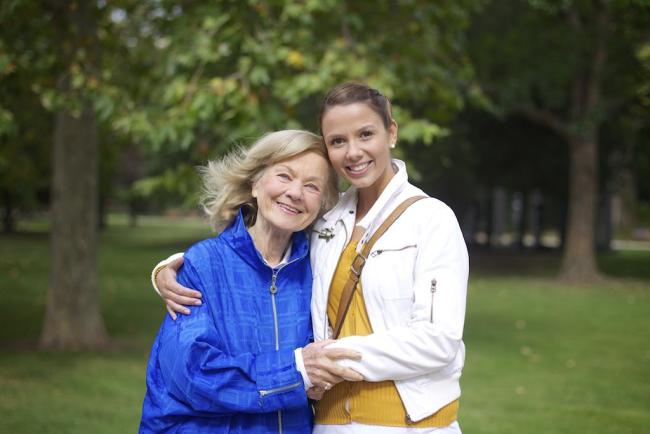Due to increasing life expectancy and demographic trends in Germany, more and more people are becoming in need of care. In most cases, it's a gradual process that a relative will become in need of help or care due to age or illness. Sometimes, however, it can happen very quickly, for example, if an accident occurs or a stroke happens. The need for nursing care can affect anyone at any stage of life.
Family members often take on the responsibility of caring for the individual in their home to ensure a dignified and self-determined life in their home environment for as long as possible. This is usually called informal care, which is provided by direct relatives without nursing training. It aims to support those in need of care with household activities that they can no longer perform alone due to age or illness. This includes, in addition to personal hygiene, cleaning the home, shopping, and communicating with the health insurance or nursing care insurance company.
Caregiving can prove necessary over a longer period of time and may involve considerable effort. Therefore, it is essential for caregivers to be able to balance work or studies with caregiving without reaching their own physical and psychological limits.
A care case occurs - what to do?
If a care situation arises, the first step should therefore be to visit a care support center. These are independent counseling centers that provide support on all matters related to care and inform about the entitlements and benefits of the long-term care insurance. They also assist with applying for care benefits. There is a right to care advice.
In the event of a sudden care situation, employees should inform their supervisor immediately so that they can take advantage of a short-term leave from work.
Students should contact the Assigned Official for Education, the responsible person of the module and the student office to discuss and arrange specific measures such as extended deadlines and compensation for disadvantages.
The family should discuss with the relatives involved how care can be organized and financed, whether care at home can be provided by relatives in the long term, whether the help of an outpatient care service should be used in addition or exclusively, or whether partial or full inpatient care is required. The best solution depends on the personal circumstances of the family members and the needs of the person requiring care.
Since the level of care (Pflegegrad) determines which benefits of the long-term care insurance can be claimed, it must be applied for at the long-term care insurance fund. Only a care degree establishes an entitlement to long-term care support benefits.
If there is a special need for care – at least on care level 2 – and care is to be provided at home, the person requiring care can apply for home care allowance. The amount of the care allowance depends on the assignment to a specific care level. As soon as the application is submitted to the long-term care insurance fund, it commissions the Medical Service to carry out an assessment to determine the need for care. The care allowance is paid directly to the person in need of care. They can use it as they see fit. The idea is that they pass the money on to the caregiver as a token of appreciation.
The Federal Ministry of Health provides an overview of other long-term care insurance benefits on its website. It provides a brief and concise overview of all long-term care insurance benefits available to insured persons in 2025.



